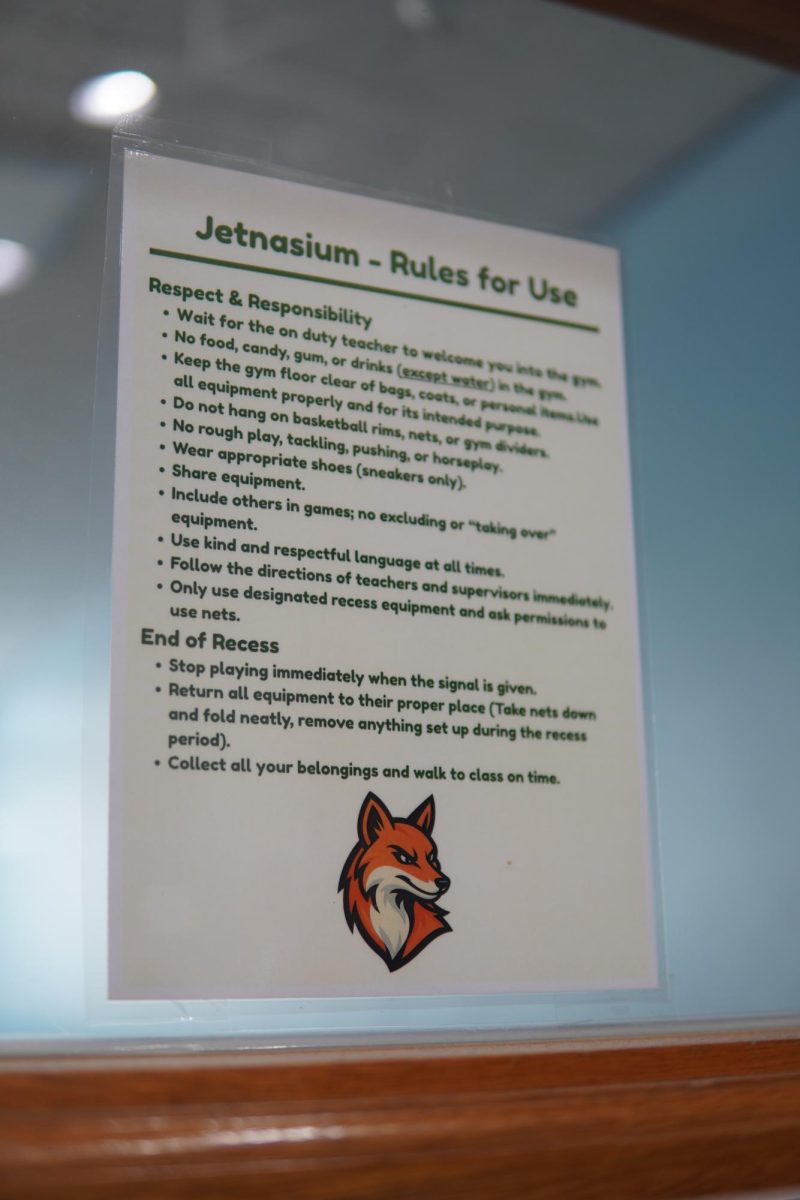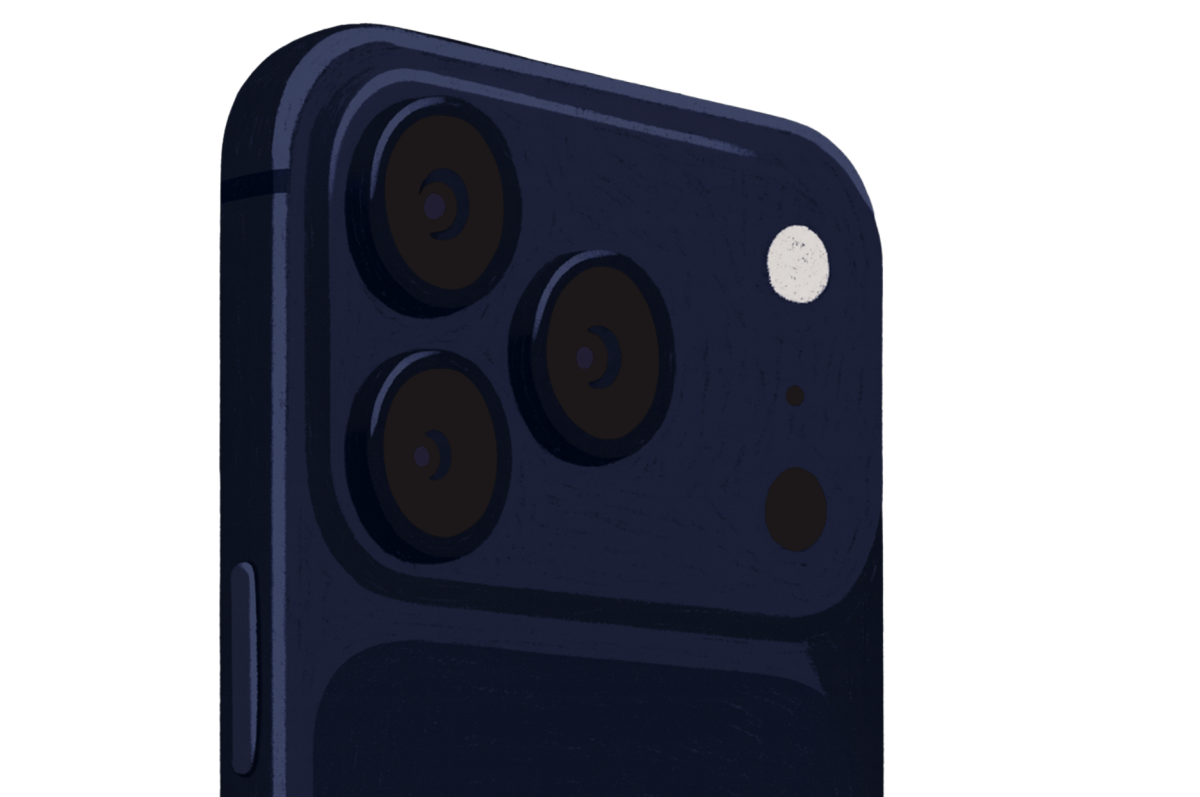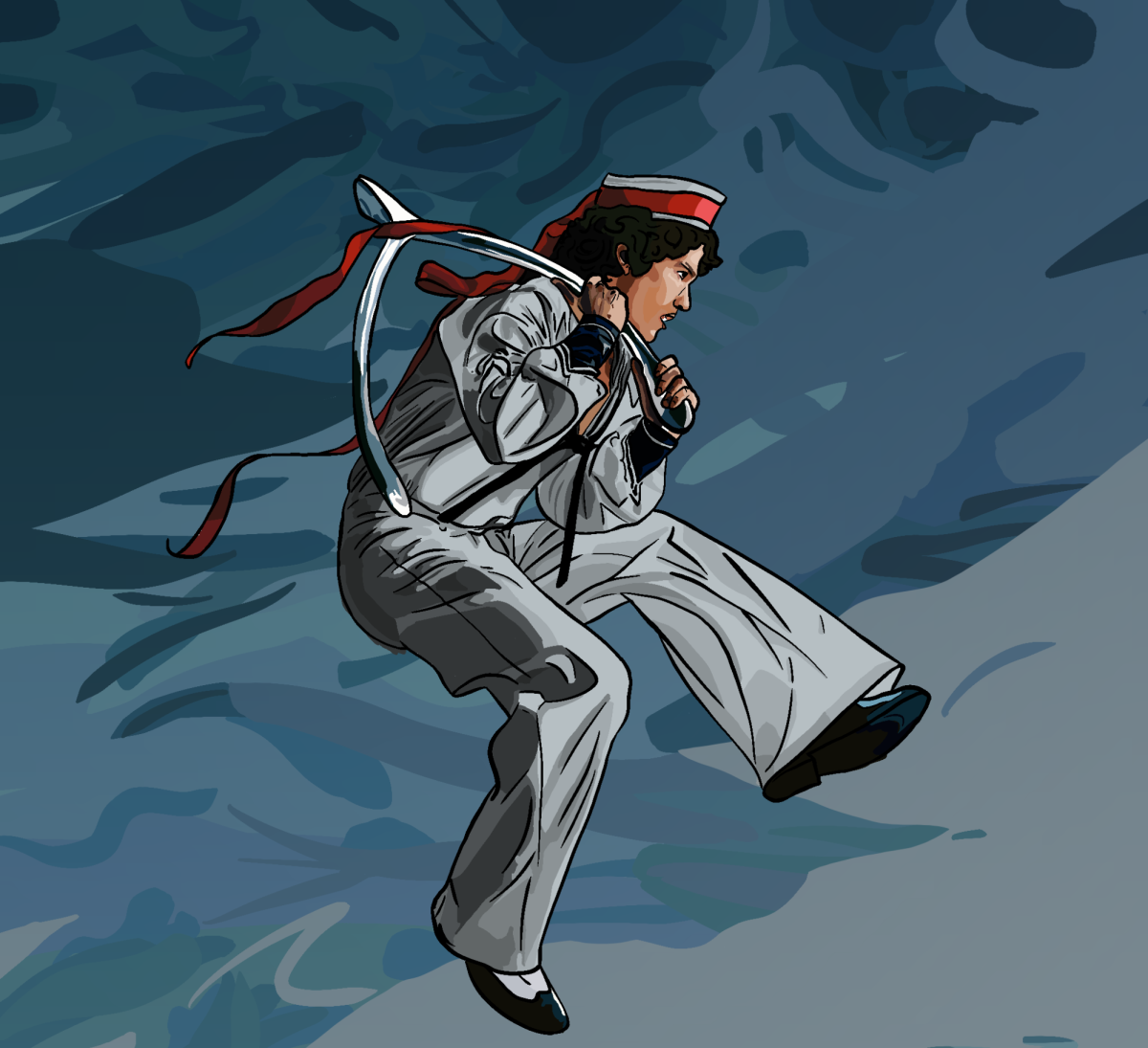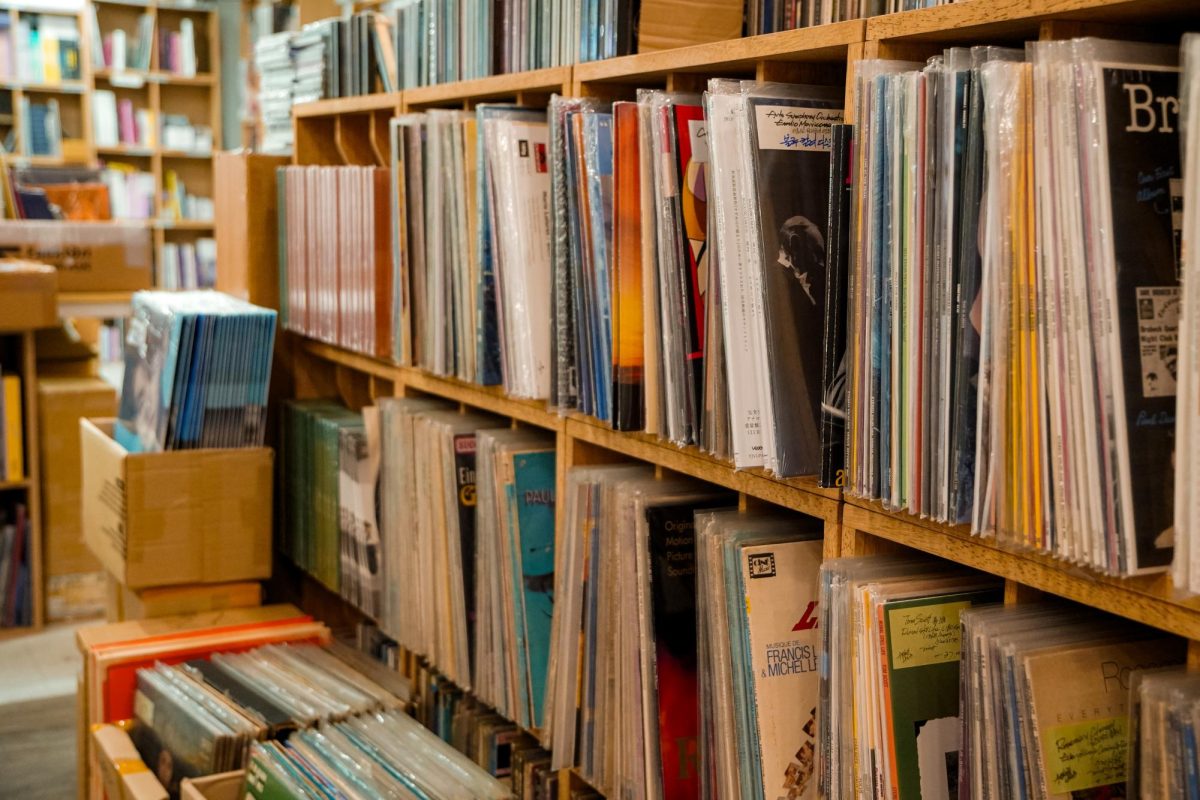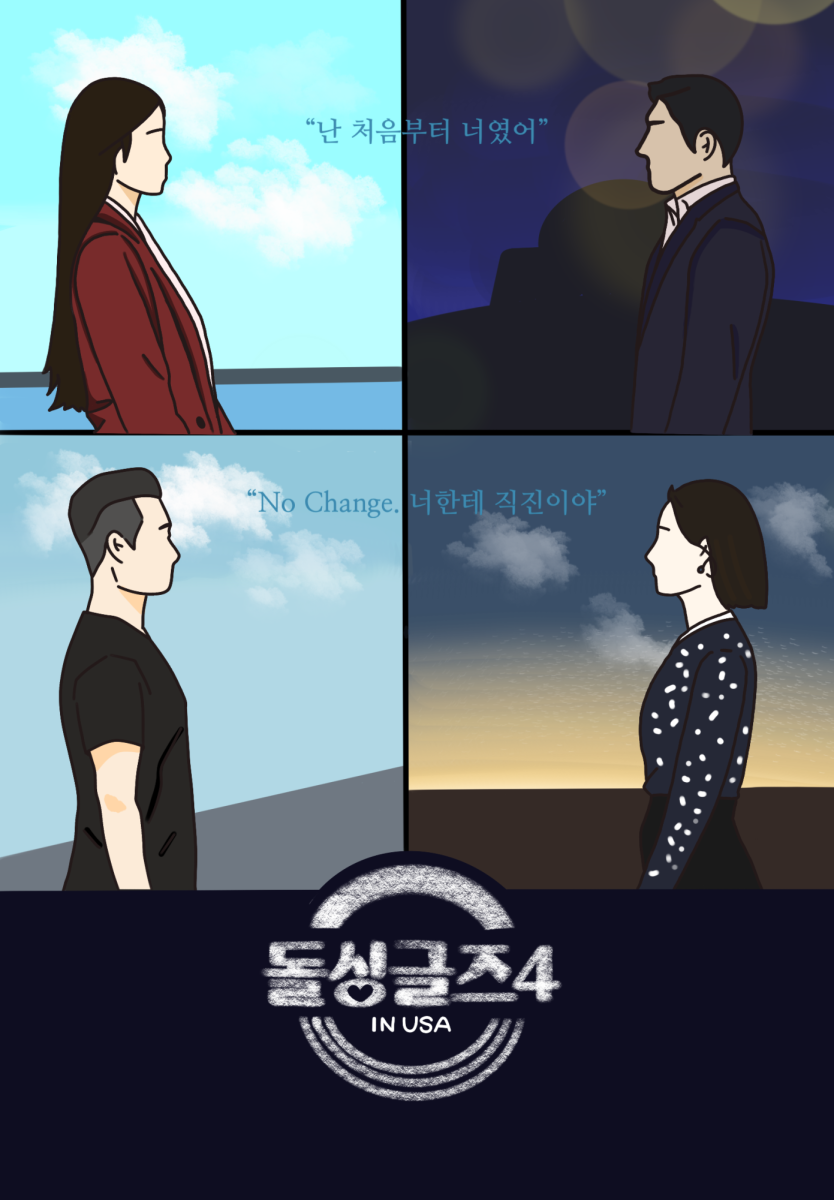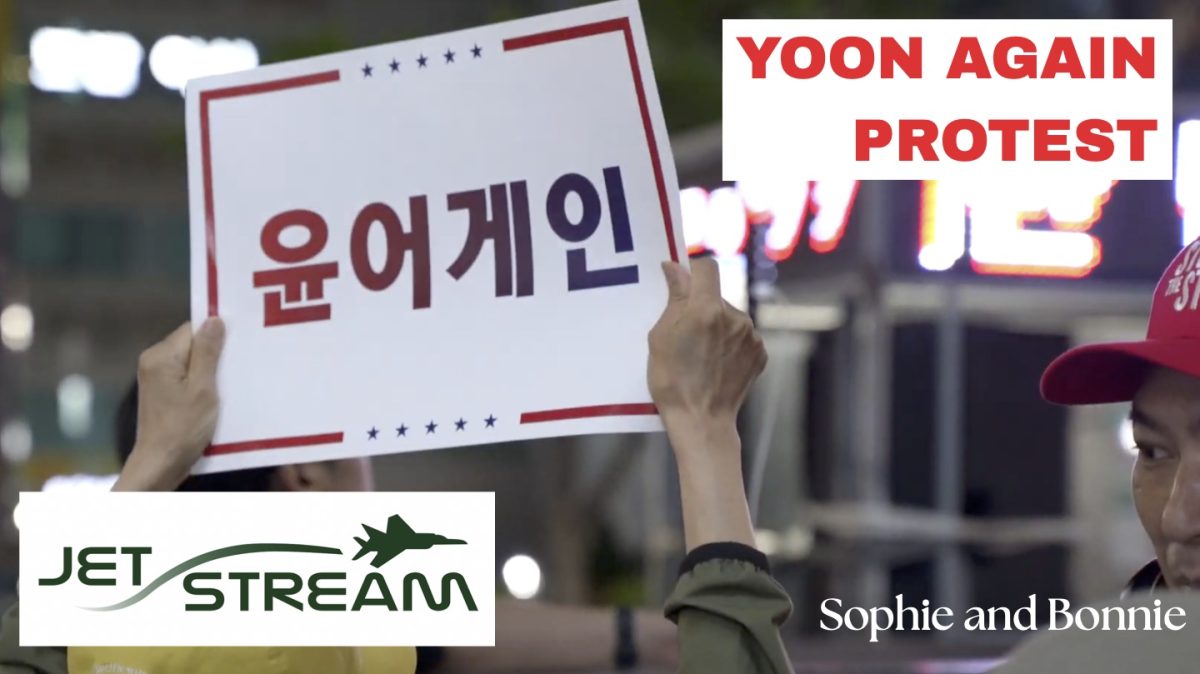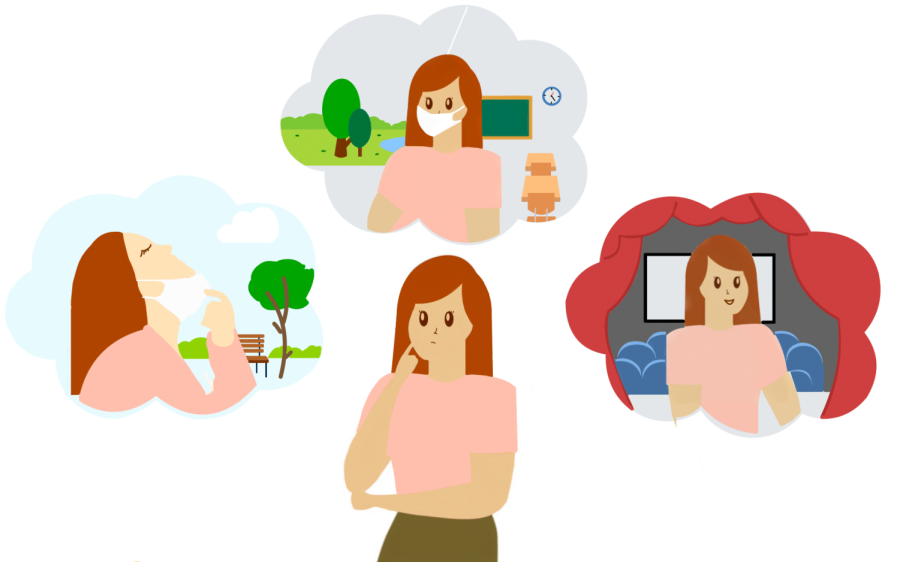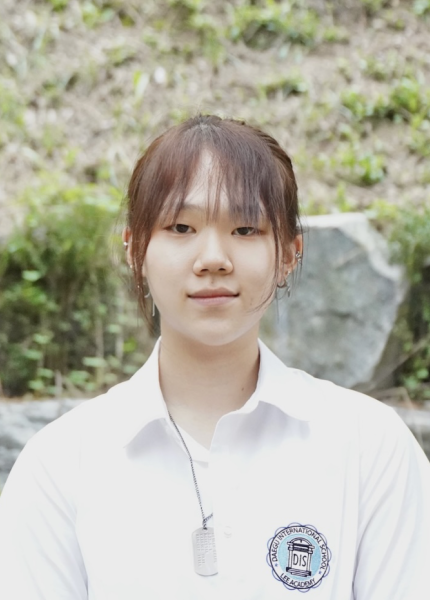To Mask or Not to Mask, That is the Question
The DIS Reaction to the Lift of Indoor COVID Regulations
March 16, 2023
Throughout the past three years, I had a perfect excuse to avoid slathering on makeup first thing in the morning: masks. My routine shifted to include 30 extra minutes of beauty sleep, and to be honest, I still find myself in this habit despite the mask mandate being lifted. The last thing on my mind is rushing to doll-up. At least that’s the excuse I have to remain masked lately. What’s yours?
After three years of expressionless eye contact, people finally saw each other’s real smiles just shy of two months ago. Now as I enter school, I can see the faces of almost half of the student population. But what about the other half? For some, masks have become such a natural part of our daily lives that it almost feels wrong reverting back to the pre-COVID social norm.
Korea remained one of the final countries to lift the requirement of indoor masks, besides Japan and Singapore. The vast majority not only continue to wear them in crowded indoor spaces, but they also do so outside. Many even keep them on when driving alone in a car, jogging on an empty street, or even sitting on a park bench safely distanced from others.
So what’s the reason behind this phenomenon? Some people claim that there’s little to no reason to take it off because they have to put it back on to take public transportation. Now, however, bus and subway rides don’t require masks, which might affect the viewpoint of these pro-users.
Others, like Haydn in 8th grade, give personal rationals, such as living with older family members who are at the risk of infection and its detrimental effects. Though Haydn stopped covering up at school, he pulls out his mask as soon as he leaves campus.
“I think it’s great trying to change it [the mandate], but I’m a little worried that the COVID numbers will go up a lot. I have older family members too, like my grandma and grandpa, who got COVID, and it was really bad for them. So I am a bit worried for them that, now, if the mask restriction is gone, we might get COVID. And other peoples’, older family members might get COVID again,” said Haydn.
Despite being compelled to unveil his face, Haydn feels pushed to keep himself covered outside of campus because everyone else wears masks. He says, “I thought it was more, I guess, socially acceptable. But then outside of school, I feel social pressure to keep my mask on because nobody else takes their mask off [in public].”
For the last 3 years, hidden faces have become another social benchmark. People gave critical glances if you didn’t cover your face, and you had to read the room and assess the situation to see if it was even worth going unmasked. The public even came up with a newly coined term, ‘마기꾼’ (ma-gee-kkun), which means ‘mask-fisher’, a term that denotes a person appearing more attractive when they partially cover their face.
Essentially, the KF-94s evolved to become a shield between human interaction and physical insecurity, especially influencing teenagers who feel more vulnerable about their identities. Some even report experiencing anxiety and embarrassment when revealing their faces for the potential judgment that could follow.
“I usually keep it on because I’m so used to wearing a mask, and also, I just don’t want to really. I feel more comfortable with my mask. Also, there are some other reasons: I don’t want to get COVID, and honestly don’t want to show my face to others. I’m used to doing that [hiding my face],” said 3rd grader Rishik.
On the other hand, some kids couldn’t wait to breathe fresh air again. Including Abhiram in 4th grade, students who felt stifled concealing their nose and mouth were in full support of the lifted mandate. “It just feels uncomfortable. Normally, I would wear it because of the school rules, but now since they got rid of it, I just took the chance,” Abhiram reported.
Some faces remain hidden, some on and off, and others completely bare. Even though it felt refreshing to breathe in outside air at first, I still wear my mask when I don’t feel comfortable showing my face, such as when I don’t put makeup on. This might come from self doubt or from just wanting to hide my tired face after a late night, mindlessly scrolling through social media. But as far as I choose to do so, I believe it’s best for me.
Everyone handles different issues at various times of their lives, and they have the right to choose how to deal with these problems. Hurtful terms such as ‘mask-fishing’, which makes fun of valid insecurities and even body dysmorphia, only exacerbates one’s worries and self-doubts.
No matter what viewpoints individuals may hold, they shouldn’t be blamed for their concerns. Afterall, we all take part in making the community around us feel more safe and supportive. As the pandemic comes to an end, we should be careful not to spread another universal illness, this time one of the mind.






